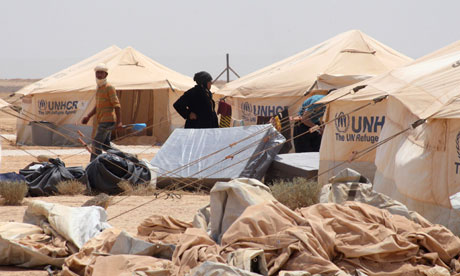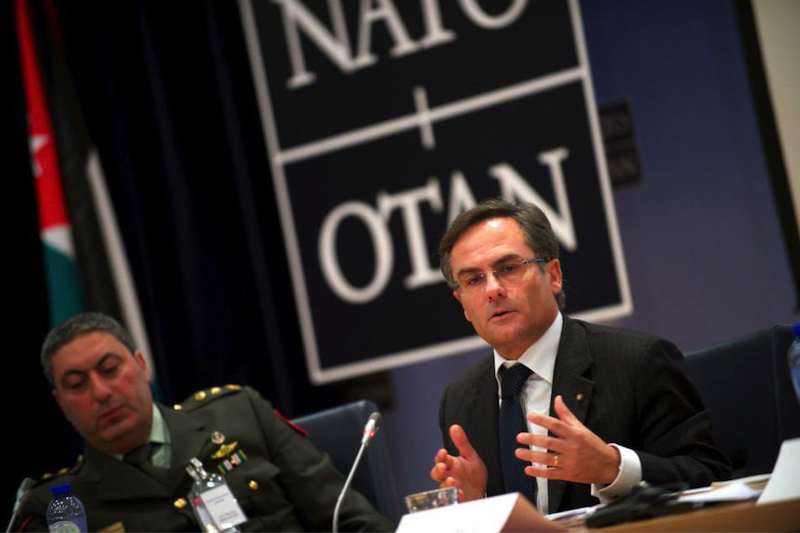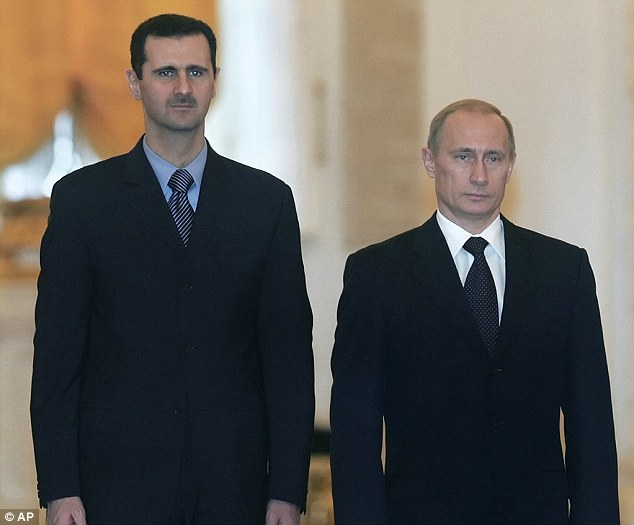[captionpix align=”left” theme=”elegant” width=”320″ imgsrc=” http://2.bp.blogspot.com/–i9EbdluEDo/T-zejUqHApI/AAAAAAAAALA/Zj9DV3mVgz4/s1600/Syrian+refugees+in+Turkey.jpg” captiontext=” One of seven refugee camps housing Syrian refugees in Turkey.”]
The number of refugees fleeing the crisis in Syria has more than tripled in the past three months. There are currently 123,480 Syrian refugees registered with the United Nations High Commissioner for Refugees (UNHCR). However, the real number of Syrians living in neighbouring countries—including Turkey, Jordan, Lebanon and Iraq—is believed to be much higher, as refugees generally only register with official organizations when personal resources run out. The number of Syrians living in Jordan alone is estimated to be more than 140,000. Neighbouring borders have thus far largely remained opened to Syrians seeking asylum, as customary international refugee and human rights law states that countries must uphold the principle of non-refoulement, which states that countries cannot force anyone to return to a country where they believe their life or freedom would be in danger. Syria’s neighbours have generally adhered to this principle, despite the fact that none are signatories to the 1951 Refugee Convention.
This welcoming attitude may not last for long. As the refugees continue to flow across international borders, additional strain is being placed on scarce resources. Jordan is growing increasingly weary of the impact that increasing numbers of refugees will have on stability within the Hashemite Kingdom. Jordan already suffers from serious utility shortages—mainly of water and electricity—and the heavy influx of refugees crossing its border is putting significant pressure on local resources. When Syrians first began crossing the border into Jordan, Jordanians were praised for their welcoming attitude and compassion for their neighbours. Now, many Syrians are met with distain. There are also reports of Syrians not being able to return to Jordan after leaving, and many are being warned to avoid the airport in the Jordanian capital of Amman. Human Rights Watch is also reporting that Palestinians are being systemically denied and detained at the Jordanian border, reportedly out of fears that an increase in the number of Palestinians within the Kingdom could shift the domestic balance of political power.
Challenges for Host States
Refugees pose a number of challenges to the states in which they seek refuge. Host countries may suffer from increased consumption of resources, distorted labour markets due to the rise in desperate and cheap workers, and changes in the relative power of domestic political actors. Security can also be a concern, both due to the large number of people living in small quarters, and the possibility that those directly involved in the armed conflict—i.e. militia members—will be among those fleeing as refugees.
There is also a concern over the long-term impact that the refugees have on the states in which they seek asylum. There is no telling when the conflict in Syria will end, or how many additional refugees will flee before that time. Nor is there any way to predict when Syrians will be able to return home, or what they will find when they do. An end to this militarized conflict will not necessarily result in an environment suited for the resettlement of hundreds of thousands of refugees.
What the International Community Can Do
[captionpix align=”left” theme=”elegant” width=”320″ imgsrc=” http://static.guim.co.uk/sys-images/Guardian/Pix/pictures/2012/8/2/1343929518015/Kofi-Annan-008.jpg” captiontext=” Many are wondering what Kofi Annan’s recent resignation will mean for the search for a diplomatic solution to the crisis in Syria.”]
There is one area where the international community can—and must—step in. The search for a diplomatic solution to the conflict has evaded the UN and international actors for months, and with the recent resignation of Kofi Annan the situation seems as hopeless as ever. But the political and humanitarian will to aid the Syrian people clearly exists. Regional and international actors with the means to do so must offer funds to help alleviate the pressure felt by host countries.
The UN Regional Response Plan for Syrian Refugees was launched early last month, calling for just over $193-million to fund the UNCHR’s response to the Syrian refugee crisis. So far only $64-million has been raised, 67% short of what is needed. As the number of refugees continues to rise and resources continue to dwindle, stability within the refugee communities in particular and the host countries in general will be seriously affected. If the international community continues to fail to provide the funds necessary for host countries to handle the growing number of Syrian refugees, these states may be unable to afford them sanctuary. The regional implications of an unmanaged refugee situation in the heart of the Middle East could be disastrous with long term implications.




